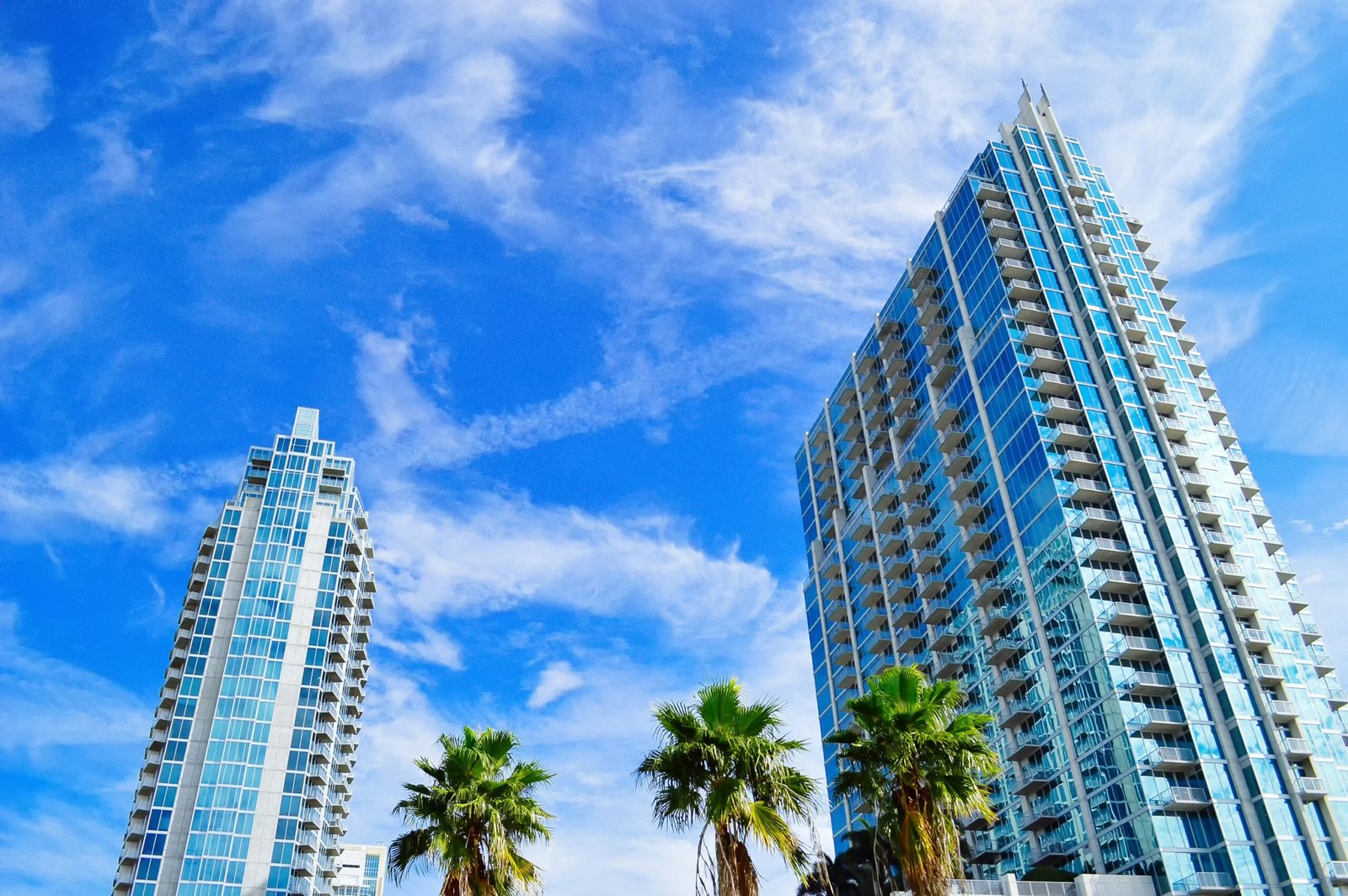Introduction to Common Condo Defects
Living in a condominium in Singapore offers many advantages, such as convenience, amenities, and a sense of community. However, like any other type of property, condominiums are not immune to defects. In this blog post, we will discuss some common condo defects that can be found in condominiums in Singapore.
1. Water Leakage
Water leakage is one of the most common home defects in condominiums. It can occur due to various reasons, such as faulty plumbing, roof leaks, or inadequate waterproofing. Water leakage can cause damage to walls, ceilings, and floors, and if left unaddressed, it can lead to mold growth and structural issues.
To prevent water leakage, it is important for condominium owners to conduct regular inspections and maintenance. This includes checking for any signs of water stains, dampness, or mold growth, as well as ensuring that the plumbing and waterproofing systems are in good condition.
2. Electrical Problems
Electrical problems are another common defect in condominiums. These can range from minor issues, such as flickering lights or faulty switches, to more serious problems like overloaded circuits or faulty wiring. Electrical problems can pose a safety hazard and should be addressed promptly.
Condominium owners should engage a qualified electrician to conduct regular inspections and maintenance of the electrical system. This includes checking for any signs of overheating, loose connections, or damaged wires. It is also important to ensure that the electrical system is properly grounded and that all electrical appliances and fixtures are in good working condition.
3. Structural Cracks
Structural cracks are a common defect that can be found in both old and new condominiums. These cracks can occur due to various factors, such as settlement, poor construction, or changes in temperature and humidity. While some cracks may be superficial and not cause any major issues, others can indicate more serious structural problems.
Condominium owners should regularly inspect their units for any signs of structural cracks. This includes checking for cracks in walls, ceilings, and floors, as well as any signs of unevenness or sagging. If any cracks are found, it is important to engage a professional structural engineer to assess the severity and recommend appropriate repairs.
4. Plumbing Issues
Plumbing issues are another common defect in condominiums. These can include problems such as clogged drains, leaking pipes, or faulty fixtures. Plumbing issues can cause inconvenience and water damage if not addressed promptly.
Condominium owners should regularly inspect their plumbing system for any signs of leaks or blockages. This includes checking for water stains, dampness, or unusual odors. It is also important to ensure that the plumbing fixtures, such as faucets and toilets, are in good working condition and do not have any leaks.
5. Defective Finishes
Defective finishes are another common defect in condominiums. This can include issues such as peeling paint, cracked tiles, or loose fittings. Defective finishes not only affect the aesthetic appeal of the unit but can also indicate poor workmanship.
Condominium owners should regularly inspect their units for any signs of defective finishes. This includes checking for any cracks, chips, or discoloration in the paint or tiles. It is also important to ensure that all fittings, such as doors, windows, and cabinets, are properly installed and in good condition.
Conclusion for Common Condo Defects
While living in a condominium in Singapore offers many benefits, it is important to be aware of the common home defects that can occur. Regular inspections and maintenance can help prevent and address these defects, ensuring a safe and comfortable living environment for condominium owners.
Reach out to us here if you want to have a non obligatory chat, or you can reach us directly through Whatsapp here.


